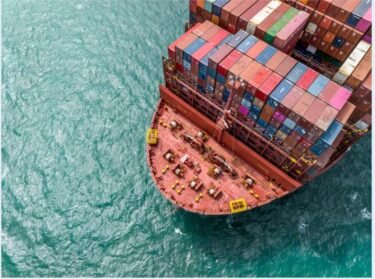Reciprocal tariffs another tool to extract policy concessions
US President Donald Trump has announced or threatened a range of fresh tariffs in recent weeks. While we expect the overall macro impact to our global forecasts to be modest, the impacts for specific countries and industries will be meaningful.
What you will learn:
- The recent announcement that the US would raise tariffs on imports from other economies to match the rates that US exporters face (reciprocal tariffs), could see very large tariff increases on the likes of India, Japan, Brazil, Thailand and Vietnam.
- To some extent these tariffs are an attempt to extract policy concessions from targeted countries so we don’t think the threat of retaliatory tariffs significantly alters the global outlook.
- Our previous analysis of the impact of tariffs on global trade flows, highlighted Singapore as the country which would capture the greatest share of US imports in the coming decade. Given that Singapore imposes no tariffs on the US this finding is likely to be strengthened further by the imposition of retaliatory tariffs as trade in Asia reroutes.

Tags:
Related Services

Post
Trade tracker – Tariff impacts continue to build
US tariff rates are climbing to levels not seen since the 1930s, with world trade expected to decline and inflation set to rise. What could this mean for global markets and economic growth?
Find Out More
Post
Understanding Australia’s Goods Trade Dynamics in 2025
2. Explore Australia's goods trade dynamics, with rising exports and falling imports. Learn how global demand impacts the trade balance and future projections.
Find Out More
Post
US tariffs and the uneven impact across cities in Europe and Asia
The latest US tariffs are reshaping global trade patterns, hitting some cities harder than others. From Germany’s auto hubs to China’s electronics exporters, which regions will weather the storm and which will struggle?
Find Out More